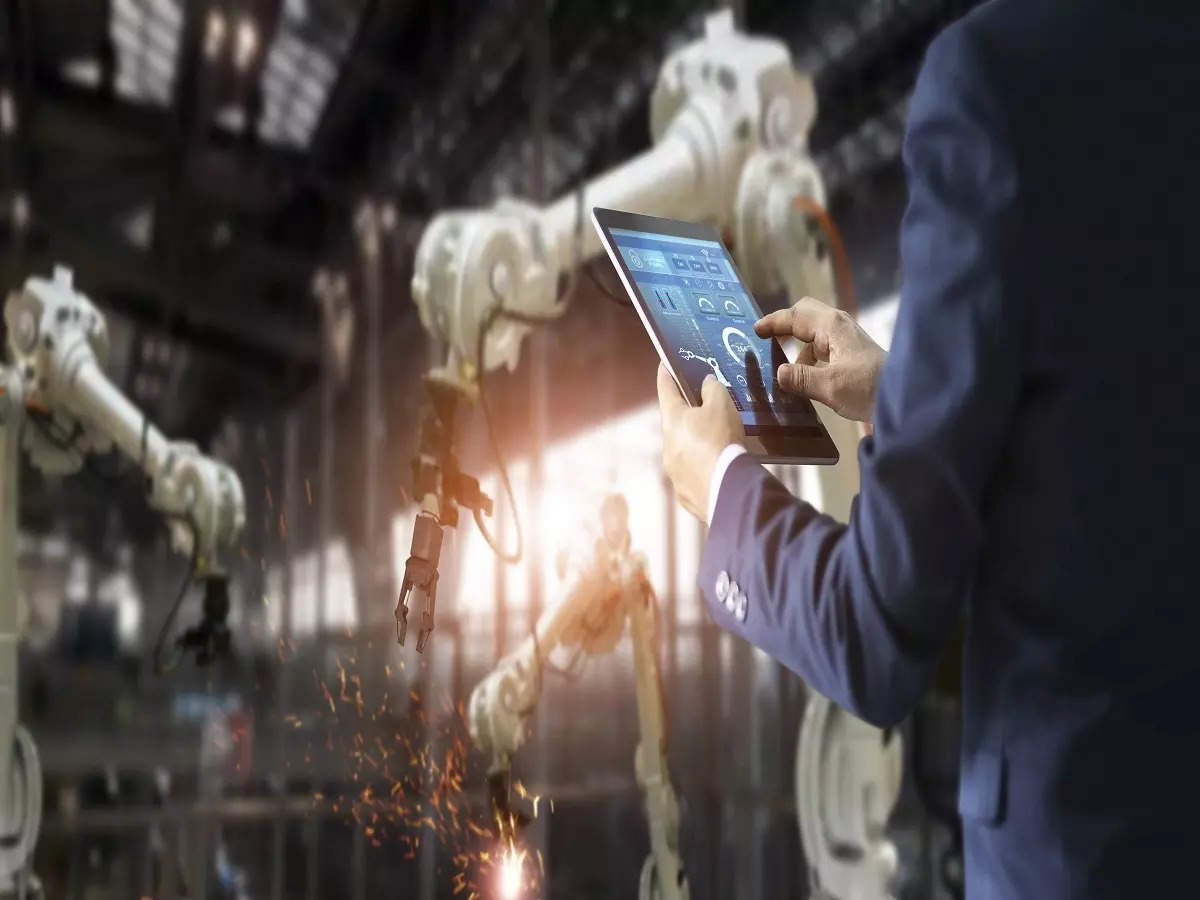
According to recent media reports, the AI market in India will reach $7.8 billion by 2025. Furthermore, some data also suggests that AI in the education market is expected to be valued at around $20.54 billion by 2027. Because of AI’s potential, every child has the opportunity to realize their potential and have a successful career.
Safety and security: At the forefront of any educational environment is the paramount concern for the safety and security of children. AI systems are vital in bolstering safety measures by leveraging advanced surveillance technology. Through the analysis of live video feeds, AI algorithms can detect anomalous behaviors and alert staff to potential risks or safety hazards. By continuously monitoring the premises, AI helps ensure that only authorized individuals have access to the facility, thus providing an additional layer of security. Furthermore, AI-powered systems can aid in reducing child injuries by detecting instances where adult supervision may be lacking, allowing for timely intervention and prevention of accidents.
Parent communication: Effective communication between educators and parents is essential for developing a supportive and collaborative learning environment. AI technology facilitates seamless communication by utilizing CCTV surveillance systems to provide real-time updates to parents regarding their children’s activities. From arrival and departure times to meal schedules and nap times, parents can stay informed about their child’s daily routines, enabling them to feel more connected and involved in their child’s early education journey. This transparency and open communication foster trust and cooperation between educators and families, ultimately benefiting the overall educational experience of the child.
Learning aids: In recent years, there has been a surge in the development of AI-powered learning aids designed to engage and inspire young learners. These innovative tools include interactive robots equipped with natural language processing capabilities, allowing them to engage in meaningful conversations with children and provide educational content in a captivating manner. By leveraging AI technology, these interactive companions can adapt to the unique interests and learning styles of each child, providing personalized learning experiences that promote curiosity and exploration. From answering questions to facilitating interactive storytelling sessions, these AI-powered learning aids play a valuable role in enhancing the educational experience of young children.Language development: Language acquisition is fundamental to early childhood development, laying the groundwork for communication and literacy skills. AI-powered language learning apps offer engaging and interactive experiences that facilitate language development in young children. Through games, storytelling, and pronunciation exercises, these apps provide immersive learning opportunities that captivate the attention of young learners while promoting linguistic proficiency and confidence. By harnessing the power of AI, educators can supplement traditional language instruction with dynamic and interactive tools that cater to the diverse needs of their students, fostering a love for language learning from an early age.Lesson plan development: Crafting effective lesson plans that cater to young learners’ individual needs and interests can be challenging for educators. AI technology offers valuable assistance in this regard by providing data-driven insights and recommendations for lesson planning. By analyzing past student performance data and educational trends, AI algorithms can suggest activities and learning experiences that are engaging and aligned with educational objectives. This AI-driven approach to lesson planning empowers educators to create dynamic and inclusive learning environments that cater to the diverse needs of their students, ultimately enhancing learning outcomes and nurturing a lifelong love of learning.Future of AI in education
The use of AI in education has just begun, and considering how students and educators embrace it, its use will only become more rampant in the future.
With AI offering a myriad of benefits to students as well as educators, it won’t be an exaggeration to say that in the coming years, AI will be one of the supporting pillars of the education system across the globe.
The writer is Co-founder and CEO, Footprints Childcare.








